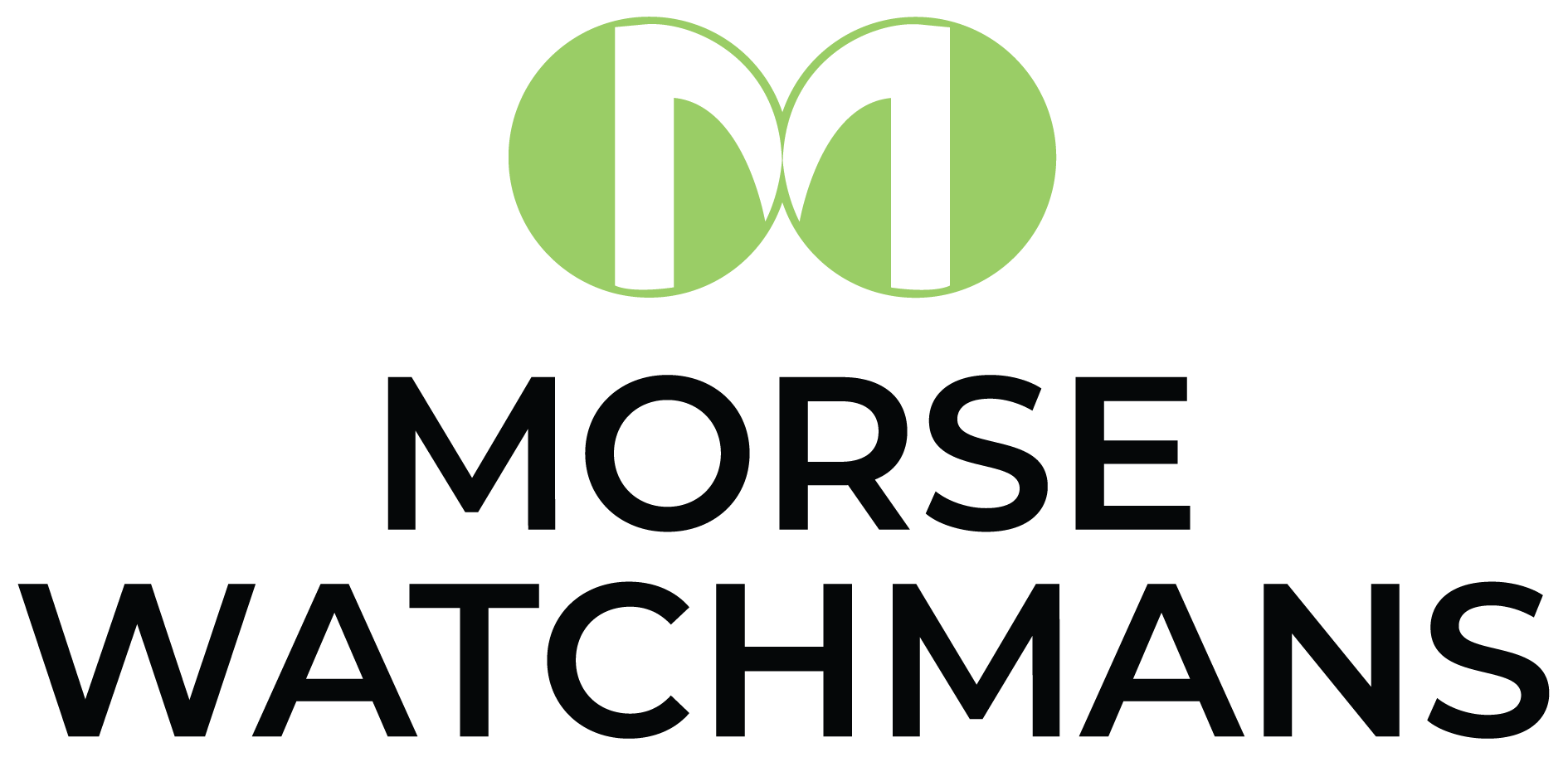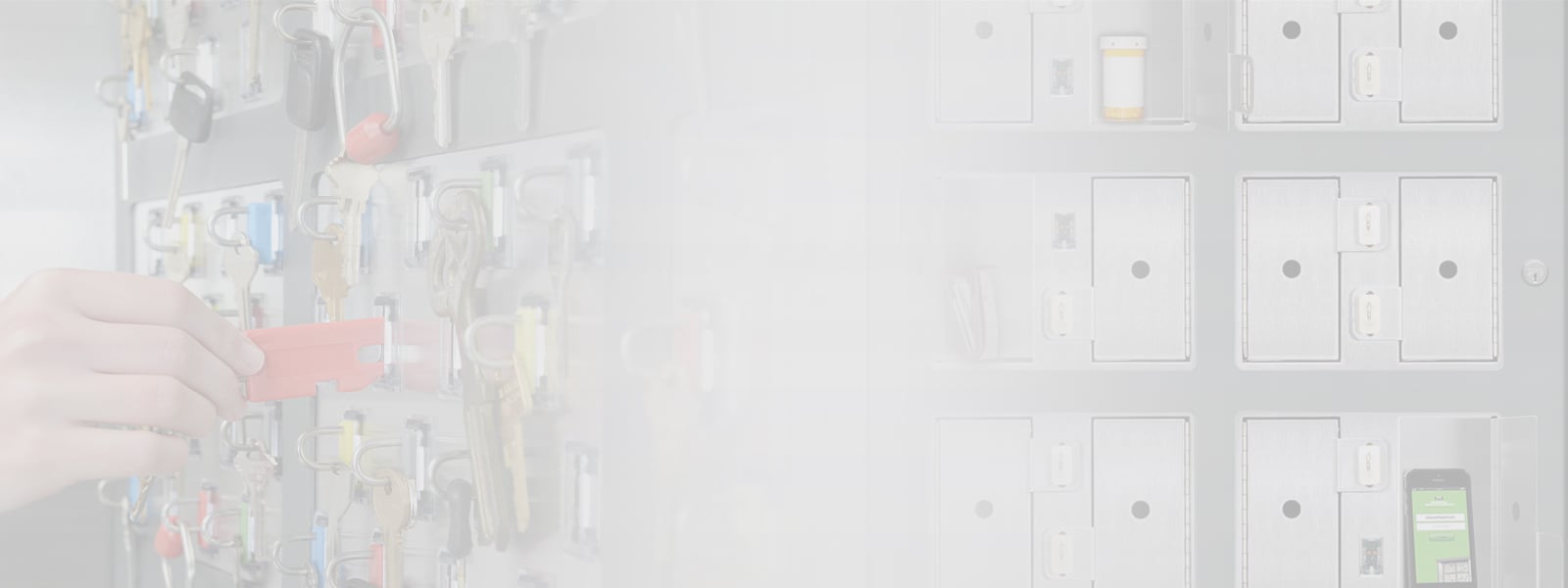 Cannabis is now fully legal in 18 states across the country in the U.S. and medical use of cannabis has been legalized in 39 states.In fact, only five states – Idaho, Nebraska, Kansas, Wisconsin, and South Carolina – have refused to recognize any sort of cannabis legalization whether it be recreational or medical.
Cannabis is now fully legal in 18 states across the country in the U.S. and medical use of cannabis has been legalized in 39 states.In fact, only five states – Idaho, Nebraska, Kansas, Wisconsin, and South Carolina – have refused to recognize any sort of cannabis legalization whether it be recreational or medical.
But as more states sign off on legalized weed, those looking to enter the potentially lucrative retail cannabis market, whether it is medical or recreational, will need to procure licenses or permits to operate. Since cannabis is not regulated by the federal government, every state has its own regulations and application process in place. However, the one constant is that each state requires strict security measures to be initiated to provide for the safety and security of the operation, its associates, and the neighborhood within which it operates. Most states call this a “Security Plan” and require its details to be submitted with the application to operate, but what exactly is a “Security Plan?”
Key Control and Asset Management for the Cannabis Industry
Making a Cannabis Security Plan
Tim Sutton, a senior security consultant at Guidepost Solutions, who is regarded as one of the top cannabis security experts in the field, warns new cannabis operators that a Security Plan is much more than the systems’ integrator’s blueprints or the recommended security devices and technology systems. The project should consist of a security master plan that will encompass security management, security operations and a security technology roadmap. Sutton says that the first stop prior to selecting any project’s systems integration team is a consultant that has been previously tested in the highly regulated cannabis market.
“Security systems such as cameras, electronic access control, and alarms are tools. Tools are not solutions; they are tools. A strong security program based upon experience, best practices, and standards must be developed and implemented,” Sutton explains. “A Security Master Plan is what ultimately ensures compliance and is needed for a permit or license to operate.”
Consultants like Sutton, who jumped into the industry during its inception here in the U.S., contend that because the legal side of the cannabis industry is still relatively new, businesses that are launching and looking to play by the rules when securing a license and staying compliant face more complexities due to the lack of federal regulations. However, when it comes to security for grow facilities and dispensaries, there are some cannabis industry best practices that have become standard requirements such as taking sufficient safety measures to deter and prevent unauthorized entrance into areas containing marijuana by implementing secured entrances and an integrated access control solution, ensuring that vital records such as personnel information, inventory information ranging from seed to product and purchase information, be stored in a secure environment with electronic auditable key controls.
Every state also requires that a licensed premise must have a video surveillance system with unobstructed cameras views of any areas where cannabis is handled and provide a visual audit trail for all inventory. Along with this video surveillance system, there must be adequate monitoring and storage of video surveillance recordings. Many retail dispensaries will also stage security personnel during business hours and in some circumstances, 24/7. An alarm monitoring system that can be integrated with video, access control, key control cabinets and storage systems which trigger alerts during unauthorized access is also a required tool in most security plans.
Dealing with Internal Loss
While the security threats to cannabis cultivation centers and retail dispensaries are as varied as the regulations that ensure compliance, employee theft is perhaps the top threat marijuana businesses now face. According to Marijuana Business Daily, approximately 90% of the financial and product losses in the cannabis industry can be attributed to this cause.
Beyond the obvious security precaution of limiting access to areas within the facilities where cash, product and data information are stored, implementing an electronic key control and asset management solution may deter these soft targets from internal threats. A system that locks each individual key in a secured cabinet where only an authorized user who has the proper credentials to remove them for use is a priority. The audit capabilities can track both the removal from, and return to, the key cabinet and can document that information in the system with details including the name of the user, time and which key was used. Many grow facilities and manufacturing businesses are also installing secured entrances like mantraps and portals, then doubling down in the building’s interior with multi-authentication enabled turnstiles and biometrics for secured labs and cash rooms. In a rapidly evolving market like the cannabis industry, regulatory and compliance changes figure to be a constant headache. But a well-planned security blueprint that is based on foundational fundamentals of access and key controls can certainly alleviate some of the stress.



